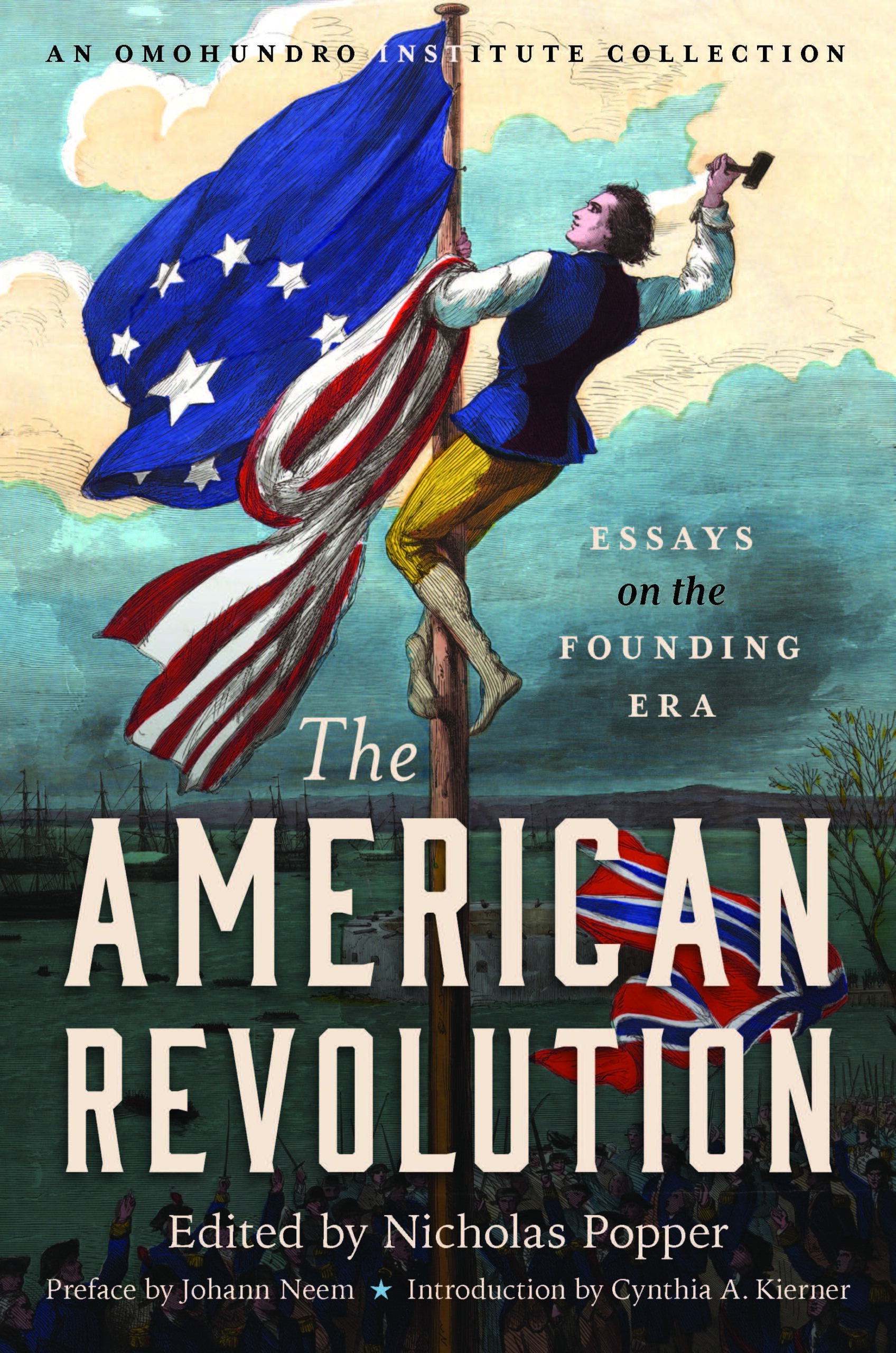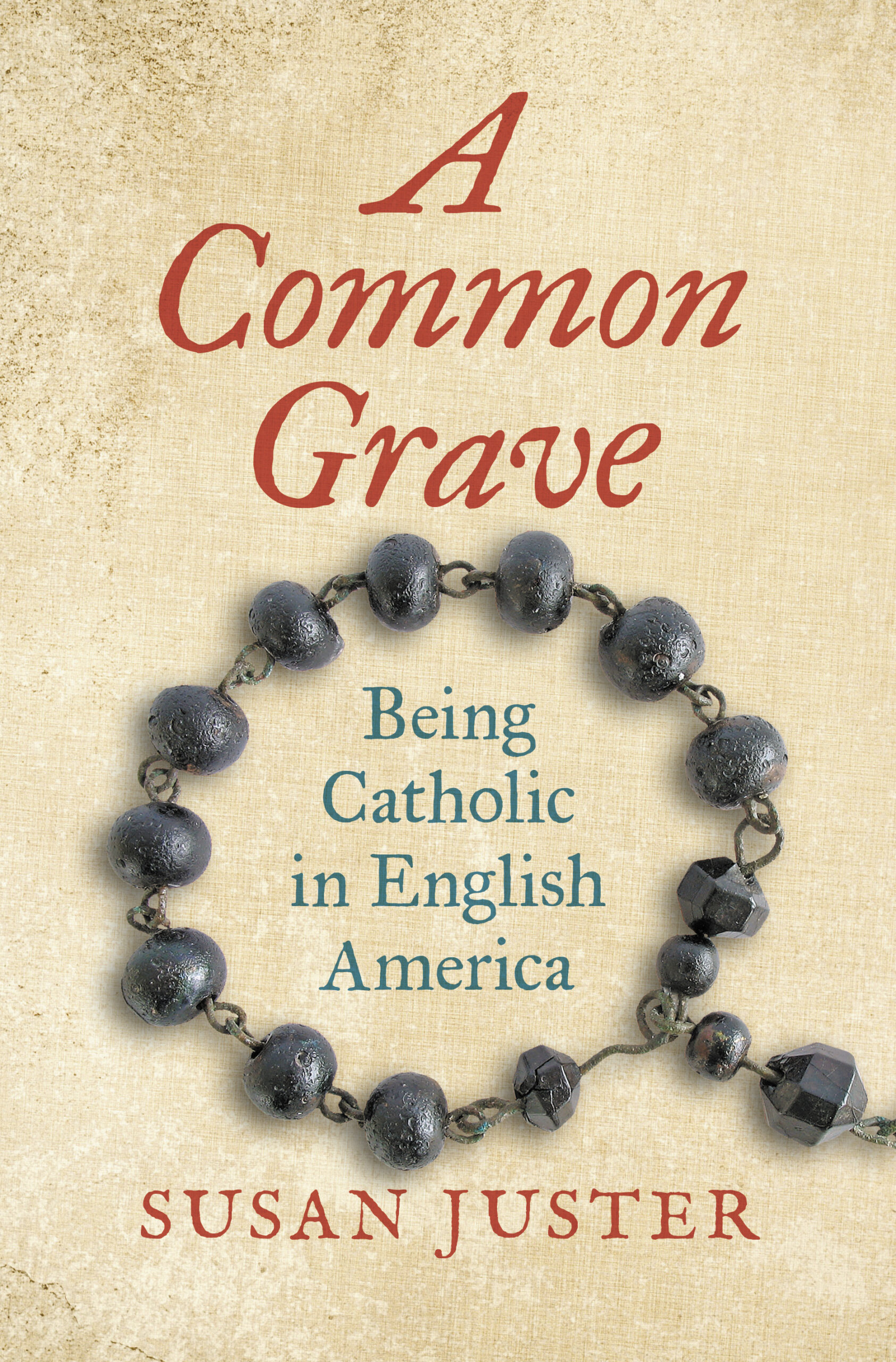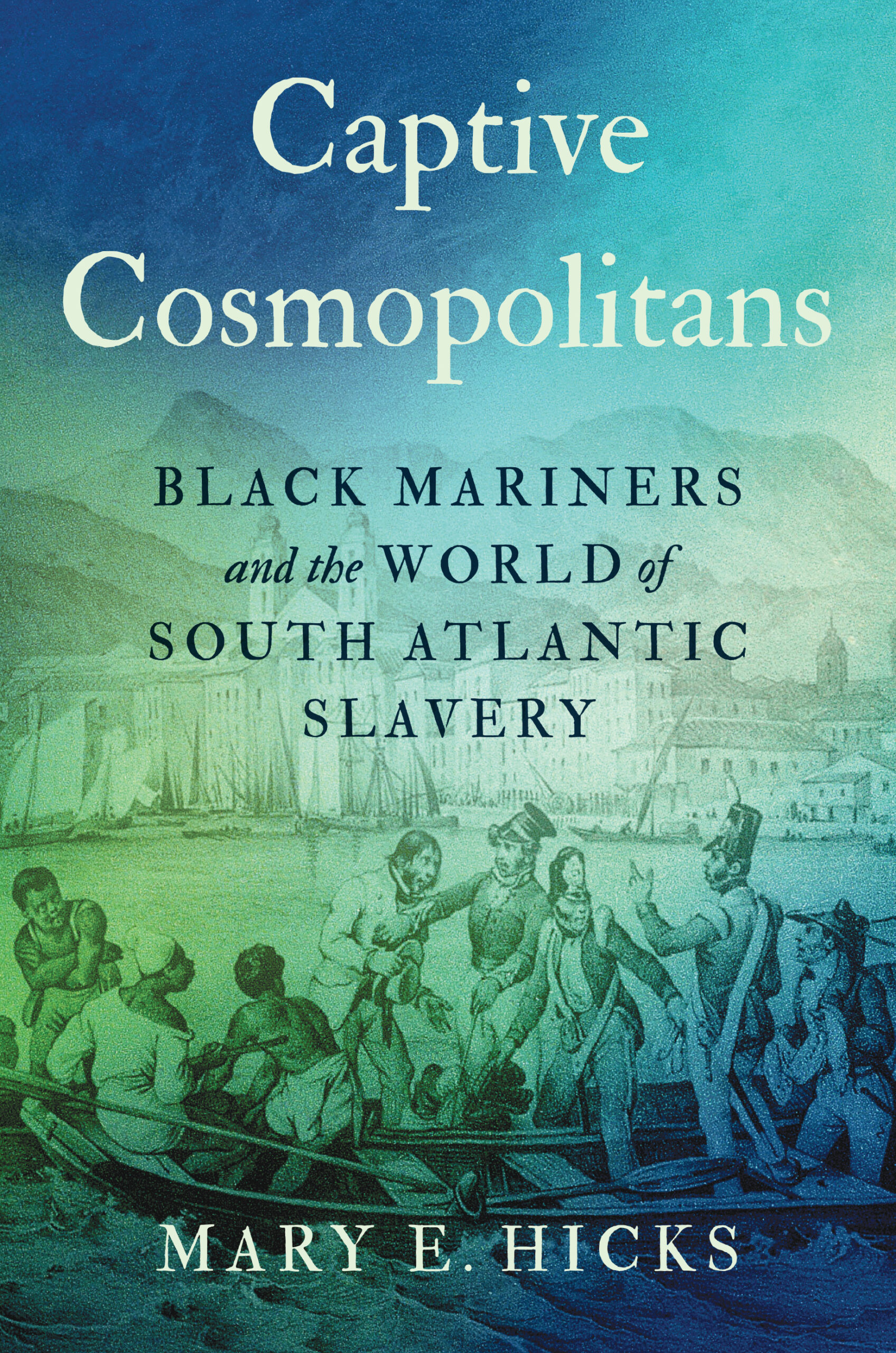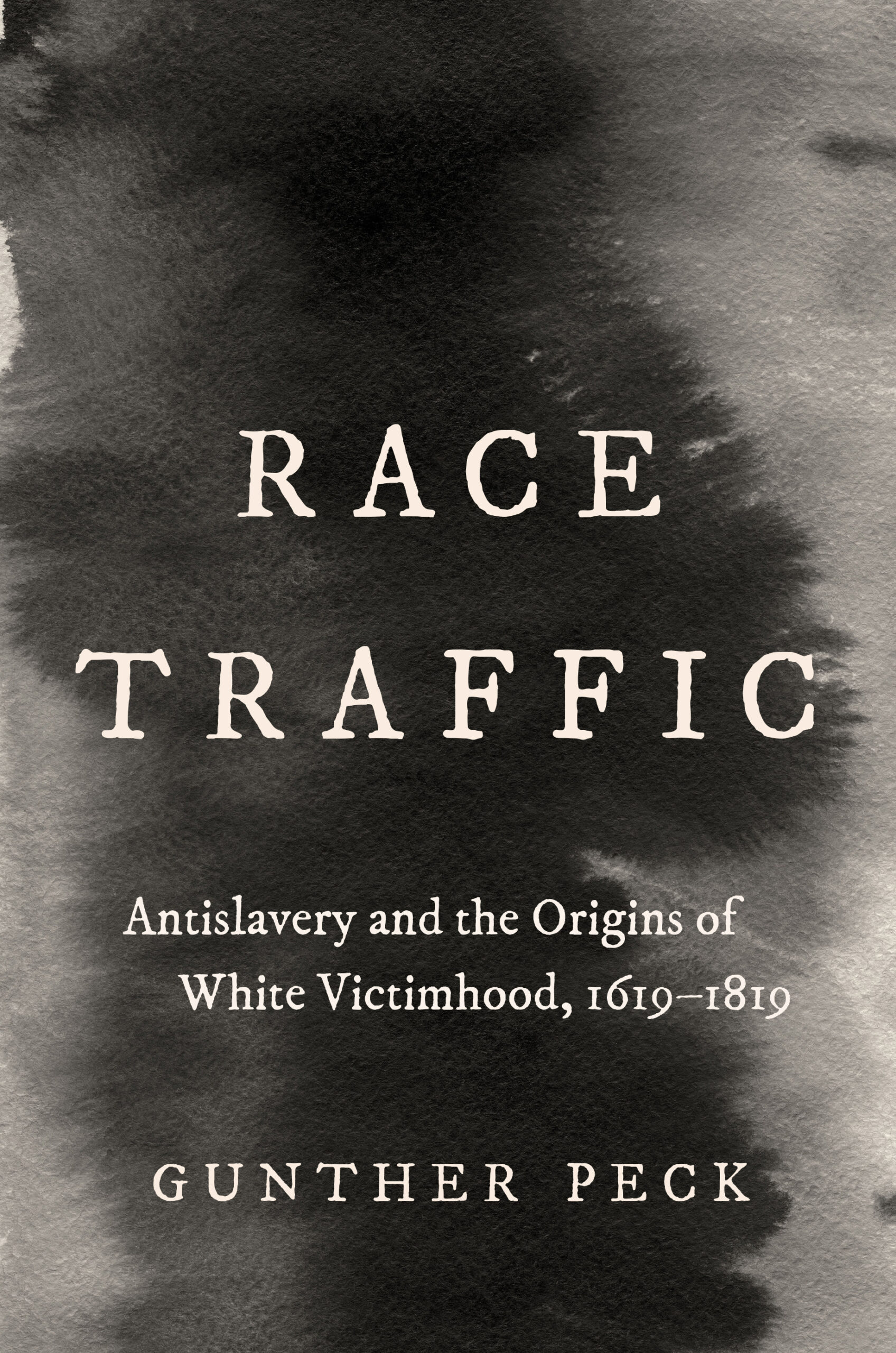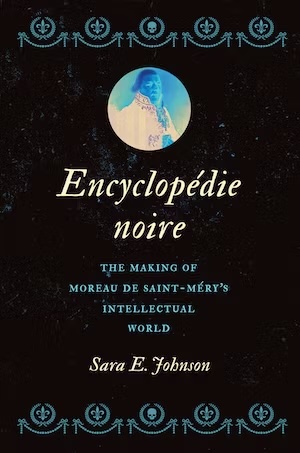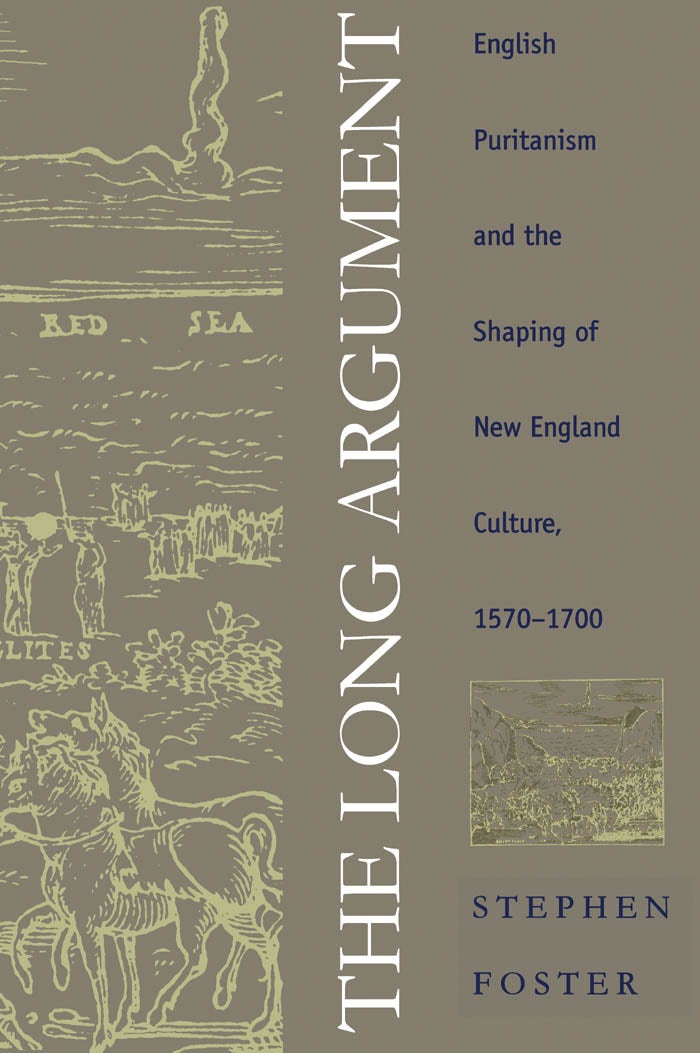
The Long Argument
Description
In this wide-ranging study Stephen Foster explores Puritanism in England and America from its roots in the Elizabethan era to the end of the seventeenth century. Focusing on Puritanism as a cultural and political phenomenon as well as a religious movement, Foster addresses parallel developments on both sides of the Atlantic and firmly embeds New England Puritanism within its English context. He provides not only an elaborate critque of current interpretations of Puritan ideology but also an original and insightful portrayal of its dynamism.
According to Foster, Puritanism represented a loose and incomplete alliance of progressive Protestants, lay and clerical, aristocratic and humble, who never decided whether they were the vanguard or the remnant. Indeed, in Foster’s analysis, changes in New England Puritanism after the first decades of settlement did not indicate secularization and decline but instead were part of a pattern of change, conflict, and accomodation that had begun in England. He views the Puritans’ own claims of declension as partisan propositions in an internal controversy as old as the Puritan movement itself. The result of these stresses and adaptations, he argues, was continued vitality in American Puritanism during the second half of the seventeenth century.
Foster draws insights from a broad range of souces in England and America, including sermons, diaries, spiritual autobiographies, and colony, town, and court records. Moreover, his presentation of the history of the English and American Puritan movements in tandem brings out the fatal flaws of the former as well as the modest but essential strengths of the latter.
About The Author
Stephen Foster, Presidential Research Professor of history at Northern Illinois University, is author of Their Solitary Way: The Puritan Social Ethic in the First Century of Settlement in New England and Notes from the Caroline Underground: Alexander Leighton, the Puritan Triumvirate, and the Laudian Reaction to Nonconformity.
Reviews
“Foster’s book contains a wealth of detail and insight, and the author demonstrates an impressive familiarity with primary sources and scholarly literature for both English and American Puritanism. . . . [His] interpretation is compelling and certain to influence the study of Puritans for many years to come.”–Sixteenth Century Journal
“Stephen Foster has written a history of the Puritan movement from its origins in England to the close of the seventeenth century in New England; in a final chapter he discusses the Great Awakening and events thereafter. Once he sets in train the tensions embodied in the movement, all sorts of dividends emerge, including striking reinterpretations of English Puritanism and a fresh appraisal of the turmoil of the 1630s in New England. One could go on and on itemizing the gems of interpretation–and there are many of them. This is a masterful work.”–David D. Hall, Harvard Divinity School
“Stephen Foster is a thought-provoking historian whose work sparkles and who is fearless in attacking prevailing interpretations. Moreover, one can only applaud his effort to study Puritans on both sides of the Atlantic. The majority of recent work in Puritan studies unfortunately focuses exclusively on either English Puritans or American Puritans. We have long been at the point when such insular approaches are self-defeating. . . . These perspectives, alone, provide much to commend in Foster’s book.”–Richard Greaves, Florida State University
